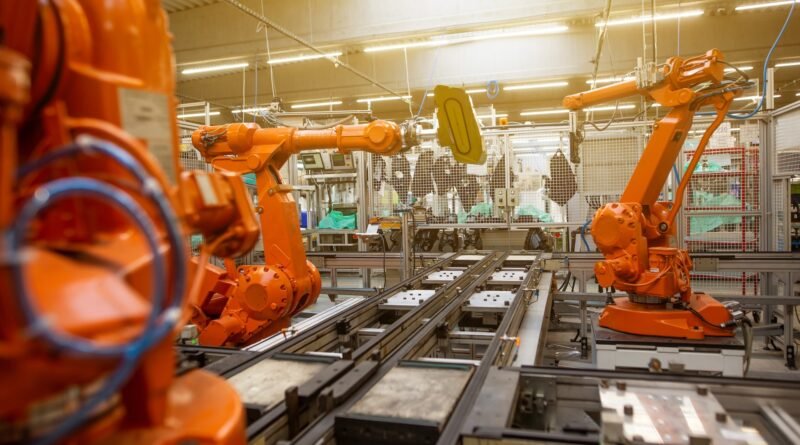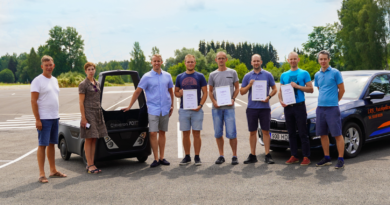Engineering talent availability drives FDI growth in Lithuania
Named the number one destination for Foreign Direct Investment in Europe, Lithuania managed to punch above its weight when it comes to growing its manufacturing sector. A recent report published by Invest Lithuania shows signs of not only robust post-Covid recovery but also significant hiring plans from international players already operating in the country.
Lithuania’s manufacturing sector at a glance
The manufacturing industry plays an important role in Lithuania’s economy, generating 20% of the country’s GDP. Out of the 23,086 companies that comprise the sector, 576 are foreign-owned. Although outnumbered by their domestic counterparts, foreign-owned companies are often larger in size. They employ around 25% of the Lithuanian manufacturing labour force.
When it comes to talent availability, the sector has a healthy saturation level, as it employs around 13% of the country’s labour pool. Talent availability is especially high in smaller Lithuanian towns with strong manufacturing traditions.
“Establishing a factory in a smaller town provides us with ample choices when it comes to employees. If needed, we could hire 300 additional staff members within a single month,” said Vaidotas Grikšas, Plant Manager at Deltrian, UAB.
High education levels are a key characteristic of the Lithuanian talent pool, and engineering is a popular choice among students. In fact, according to Eurostat, Lithuania is third in CEE for the share of students choosing STEM studies. At the same time, more than 4 in 10 STEM students in Lithuania are enrolled in an engineering-related degree.
“Our original intent was to just set up a manufacturing facility in Lithuania. But after spending time here, we were impressed by the available talent and quality of education. Because of this, we decided to move our R&D activities to Lithuania as well. It was definitely the right choice for us,” shared Jacqueline Thormities, Director at GRH LT, a company specialising in Insulated Building Systems.

While last year came with a set of truly unprecedented circumstances, the manufacturing sector in Lithuania managed to overcome most of the challenges and become even more resilient. And the global investment community is taking notice.
Having weathered both the pandemic and a series of supply chain disruptions in the past years, 60% of surveyed companies plan to introduce new or expand existing functions this year. At the same time, 98% of surveyed foreign-owned manufacturers said they plan to invest in robotic solutions.
An outstanding year for automotive
While the manufacturing landscape in Lithuania is growing as a whole, the automotive sector in particular has been making great strides in the past few years. According to the Baltic Automotive Components Cluster, in 2022 the sector created more than 2000 new jobs.
Automotive is leading not just in terms of jobs created but also in capital expenditure. Across the 127 manufacturing FDI projects implemented since 2012, capital expenditure (CAPEX) amounts to €3.5B, more than 10% of this being attributed to the automotive sector.
About the report
Released on April 27th, the Invest Lithuania Manufacturing Sector Report 2023 provides a comprehensive overview of the country’s manufacturing industry, with a special focus on FDI. The survey saw the participation of 62 foreign direct investment companies employing over 14,200 professionals. Together they represent 20% of the total FDI manufacturing labour pool in Lithuania.




